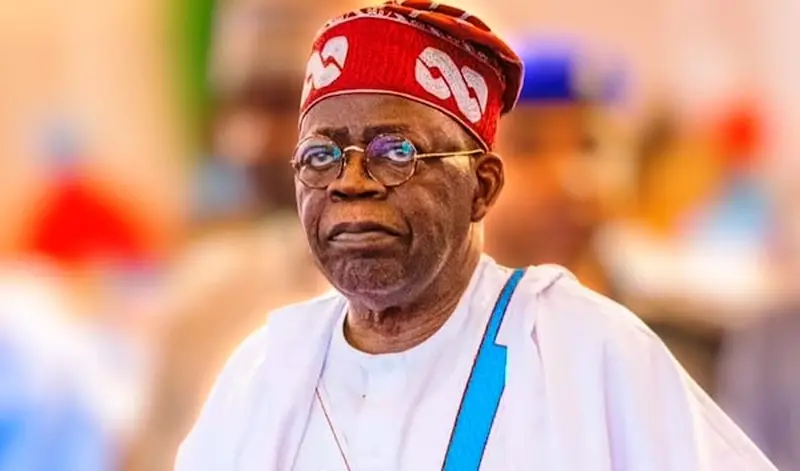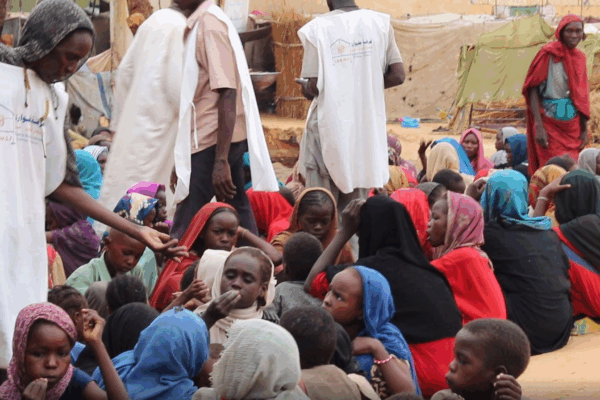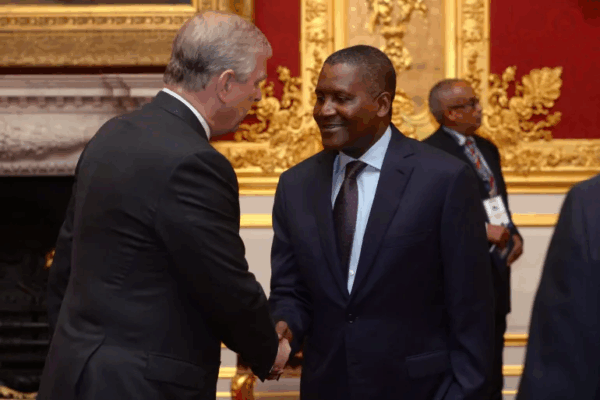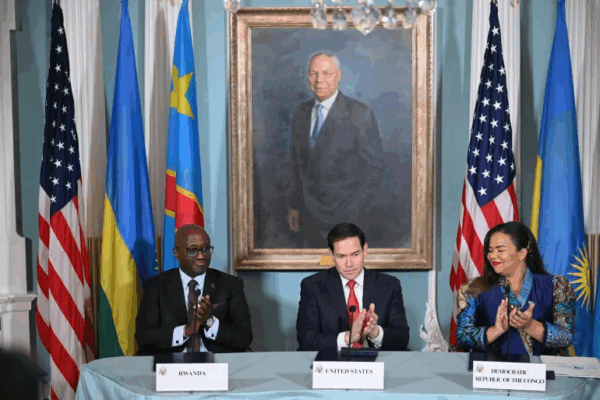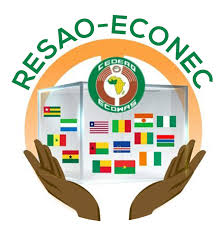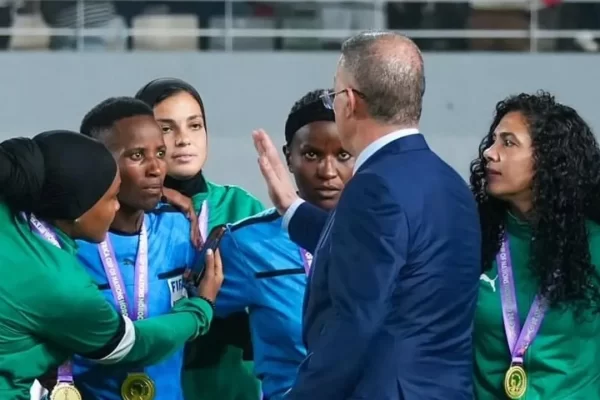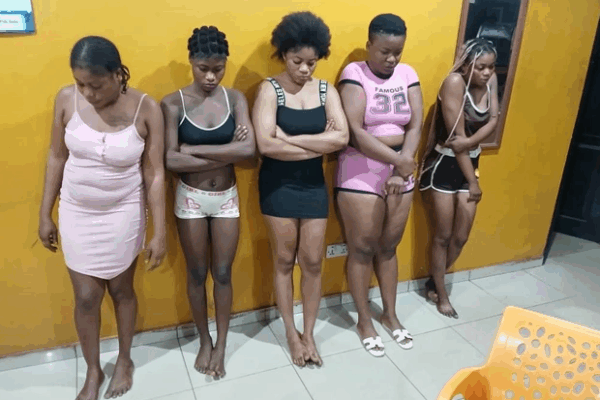
Five Nigerian Women, Seven Ghanaian Men Arrested in Asokwa Police Raid
Five Nigerian women and seven Ghanaian men have been arrested during a police operation targeting criminal hideouts in the Asokwa Municipality of Ghana’s Ashanti Region. The raid, carried out between 6:00 p.m. and 8:00 p.m. on Tuesday, July 30, was led by the Asokwa District Police as part of efforts to curb criminal activity in the area. Officers stormed known ghettos and hotspots in a surprise swoop aimed at apprehending suspected offenders before they could strike. Police confirmed that the women — identified as Empress David (22), Sonia Isaac (24), Loveth Michael (18), Success Moses (21), and Victor Alice (23) — later admitted to engaging in prostitution at Sokoban Wood Village to make ends meet. The seven Ghanaian men arrested were named as Jacob Amaliba (30), Usif Awuro (39), Adu Kofi (22), Kwame Atobiga (39), Isaac Boamah (27), Emmanuel Boakye (29), and Pekazine Puakan (28). According to a police statement, the men were picked up from various ghettos suspected to be “Wee” (cannabis) bases at Asago. However, no illegal substances or weapons were recovered during the search. “All twelve individuals are currently in custody and will be screened and profiled as investigations continue,” the statement read. The arrests come just days after Nigerian Senator Bassey Aniekan condemned protests in Ghana where some citizens had called for Nigerians to be deported.

